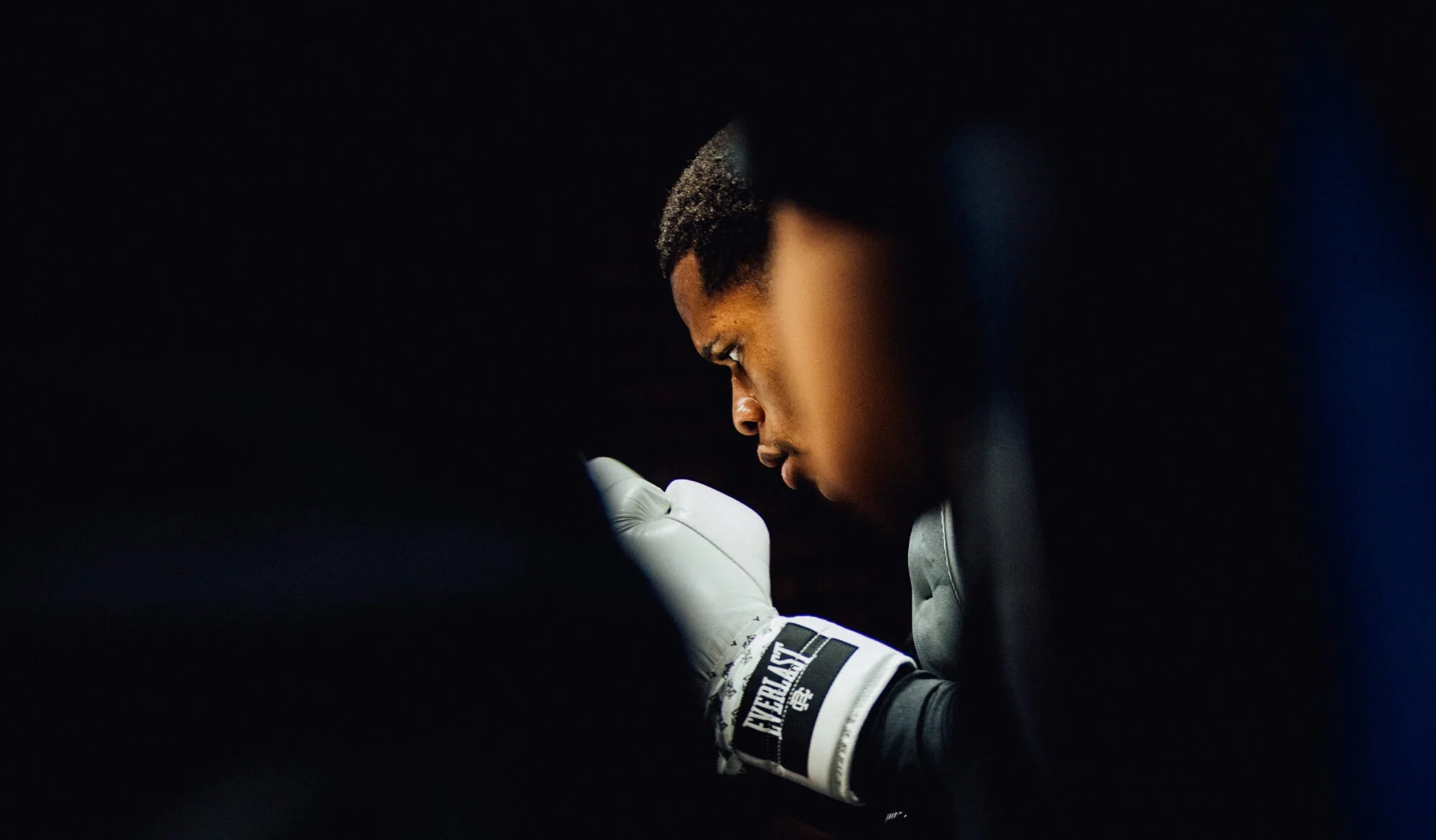

New American Dream

The fields became home for David. He would work there, eat there and even sleep there, “We would dig a hole in the fields and throw a tarp over top and that was our home. We couldn’t afford to spend the money, it all needed to go back to Mexico and my family.” At mere cents per crate, working the strawberry fields was back breaking labor but made the bonds and the work ethic of the Balderas family unbreakable.
Eventually David made enough money to bring his whole family across the border. They all immediately went to work in the fields; sons, daughters, husbands and wives. They worked toward the greater good, “We all worked together and we all lived under the same roof. It was a family effort to survive from sunup until sundown,” explained Zenon.
As the years went by the family continued to grow. Zenon brought into the world Jose and Karlos, the first two grandchildren born on American soil. The two, of course, eventually also went to work at the strawberry fields. Karlos remembers “We were about 9 and 10 years old and we would go with grandpa to the fields. He would fill up the crates and we would wait patiently at the end of the row. When he would hand off the filled crate I would run as fast as I could to the truck about a few hundred feet away.” The quicker they could get another empty crate to their grandfather, the more crates they could fill a day and the more money for the family. “We would each do like 100 runs a day. It was tiring but it was what the family did,” said older brother Jose.

New American Dream by Everlast “A camino largo paso corto means that every little step in your journey is important.” For the Balderas family there was no step more important than the first one made by grandfather and family patriarch, David Balderas, in 1942. Their roof was made of cardboard, and their backyard a literal dumping ground for waste and scrap. “We used to rub grease we found from the dump on the roof just so the water would run off and not soak through,” explained Zenon Balderas, David’s first born son. The Balderas family’s humble beginnings originate in the outskirts of Oaxaca, Mexico, a place stricken by poverty in the aftermath of a magnitude 8.0 earthquake that destroyed many of the city’s buildings and infrastructure. Grandfather Balderas realized he needed to change the family’s story. So when the United States opened its boarders to Mexican workers in 1942, in the form of the Braceros Act, he took a leap of faith and traveled the hundreds of miles to work in the strawberry fields of southern California. “I came to the US like so many others, in search of a better life. I had a lot of children, a lot of mouths to feed, so I went to work day and night.” The fields became home for David. He would work there, eat there and even sleep there, “We would dig a hole in the fields and throw a tarp over top and that was our home. We couldn’t afford to spend the money, it all needed to go back to Mexico and my family.” At mere cents per crate, working the strawberry fields was back breaking labor but made the bonds and the work ethic of the Balderas family unbreakable. Eventually David made enough money to bring his whole family across the border. They all immediately went to work in the fields; sons, daughters, husbands and wives. They worked toward the greater good, “We all worked together and we all lived under the same roof. It was a family effort to survive from sunup until sundown,” explained Zenon. As the years went by the family continued to grow. Zenon brought into the world Jose and Karlos, the first two grandchildren born on American soil. The two, of course, eventually also went to work at the strawberry fields. Karlos remembers “We were about 9 and 10 years old and we would go with grandpa to the fields. He would fill up the crates and we would wait patiently at the end of the row. When he would hand off the filled crate I would run as fast as I could to the truck about a few hundred feet away.” The quicker they could get another empty crate to their grandfather, the more crates they could fill a day and the more money for the family. “We would each do like 100 runs a day. It was tiring but it was what the family did,” said older brother Jose.
Around this time Karlos and Jose began getting in a bit of trouble at school and around town. “Me and my brother started getting in trouble a lot and getting suspended from school. I don’t know why but I guess I just always had this chip on my shoulder,” said Karlos. Father Zenon decided to redirect this aggression and put his kids into a boxing program. “Me and my brothers used to go to the boxing gym as much as we could as kids. But it was hard because the strawberry fields took all our time. I wanted a different life for my sons.”
The Balderas brothers quickly showed they had a future in the ring and just as quickly, the Balderas family rallied around them. The brothers no longer would be working the strawberry fields. The family would work extra hours and find other ways to make money to help support the two in their pursuits of becoming world champions. “We would sell candy, hold carwashes, pick up odd jobs. Whatever we could do to help these kids get to tournaments and train hard. I guess we get that work ethic from my father,” said Zenon.
“When you come from hunger, when you come from need, when you come from poverty. There is just a fire inside of you that is really hard to die out.” This fire burned passionately in both the brothers for the sport of boxing. They quickly rose through the amateur ranks and in 2016, Karlos became an Olympian, “What’s more American dream than that. Your grandfather comes over working the strawberry fields as a Mexican immigrant and now his grandson is literally fighting for the country that gave his family a chance at a better life.”

Karlos and Jose have gone on to turn pro and have quickly amassed a combined undefeated 17-0 record. Thanks to their success, they bought a house for their family. A house that sits on the same grounds of the first strawberry field their grandfather ever worked at when he came to the United States. “I am very, very proud and happy with my grandsons. There were times I never thought we would make it to this point. I am hoping that one day they will be world champions so they can continue to provide for their family.”

From left to right: Jose, Zenon, David, and Karlos Balderas




